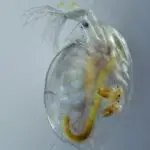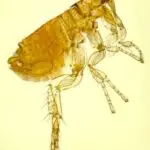How Bad Are Fleas?
Fleas are a major health risk for your pet. A single female flea can contaminate an entire environment, indoors and out, by depositing up to 20 eggs. The eggs hatch into larvae that burrow into fabric and bedding. This is why it is important to regularly vacuum your home and clean your pet’s bedding. Fleas also seem to be attracted to certain scents, so make sure to wash bedding regularly.
Fleas prefer a warm, moist environment. They lay eggs in bedding, carpets and gardens. They multiply very quickly, and can quickly become a problem for you. Fleas breed most frequently during the warmer months, and in areas with warm climates. While they are a serious problem, proper flea control can prevent infestations from becoming too severe.
Fleas live for about a month, but it can extend for longer depending on temperature and humidity. Fleas are found in grassy, wooded areas. Flea eggs are tiny ovals that are white and smooth. Female fleas can lay as many as 50 eggs daily. Flea eggs develop into larvae within 36-48 hours. Once mature, fleas look for a new host and lay eggs.
Fleas are known vectors that can transmit disease to humans and animals. They can also carry tapeworms, which are intestinal parasites. Fleas can also cause anemia, which can be dangerous for young animals. The parasites feed on young animals’ red blood cells. This condition can be life-threatening for young animals, but timely treatment can reverse the effects.








